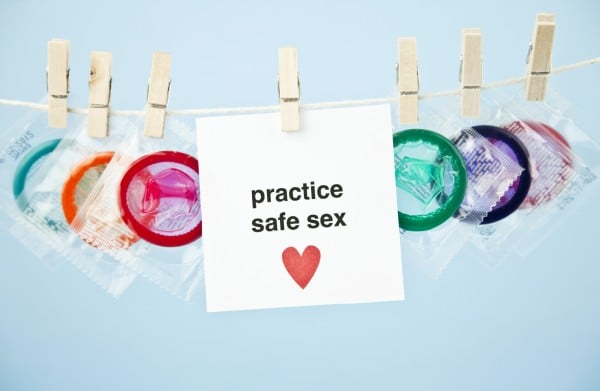
In 2007, six weeks into the start of a new relationship, Godfrey Zaburoni convince his girlfriend to have unprotected sex.
We’ve all heard the reasons – It feels better for both of us, I love you and just want to be close to you, It really is safe, I know what I’m doing.
Zaburoni told his girlfriend that he did not have HIV. Even though he had been diagnosed with the virus nine years earlier.
When she tested HIV-positive, his girlfriend took him to court and Zaburoni was sentenced to nine years in jail for ‘intentionally transmitting a serious disease’.
This verdict was overturned earlier this year, when the High Court ruled that ‘intent’ could not be proven and substituted a lesser verdict of grievous bodily harm.
What should we take from this verdict?
The risks of unprotected sex can be much greater than an unplanned pregnancy.
Too often condoms are considered solely for contraception. This is seen in the fact that more than half of the young women who take the contraceptive pill do not use condoms. Not to mention the definite upswing of Sexually Transmitted Infections (STIs) in the baby boomer generation, where pregnancy is out of the question.
Why don’t we like condoms?
Young people don’t like using condoms. A 2013 survey found only 43.4% of sexually active high school students reported always using a condom; 39% sometimes used condoms; and 13% never used them.
Older generations also don’t like using condoms. Incidences of sexually transmitted disease chlamydia in women aged 40-59 doubled in Australia between 2004 and 2010.
There are several possible reasons for this. One revolves around contraception:





























































































